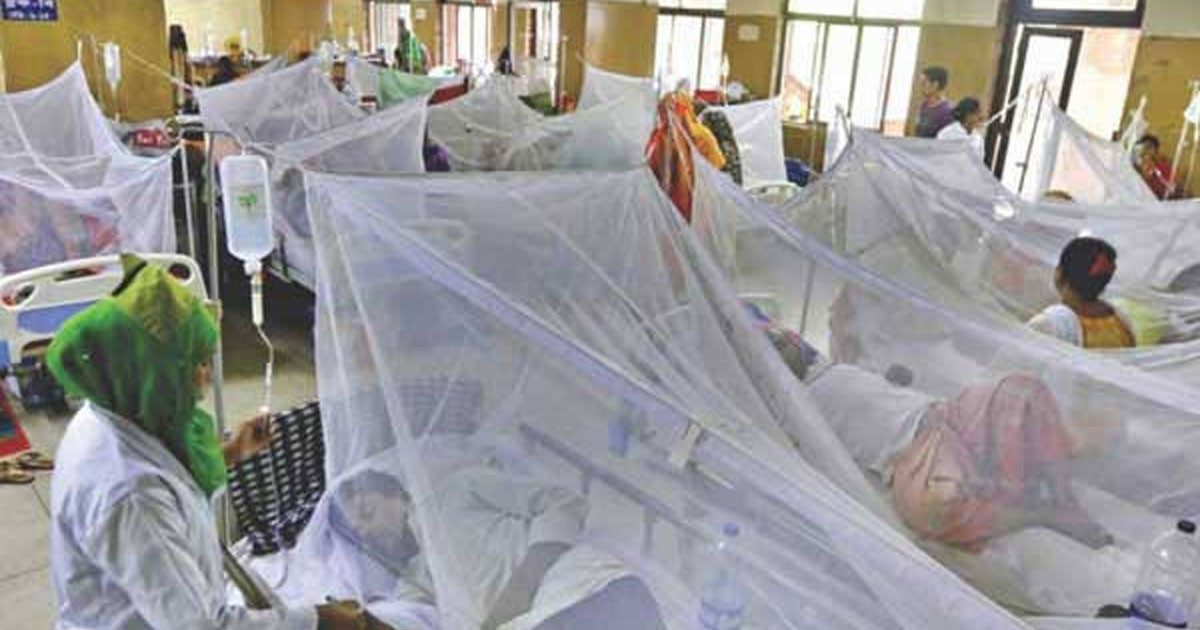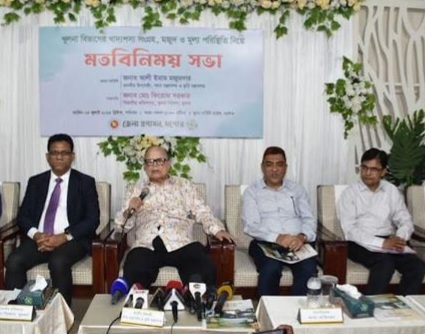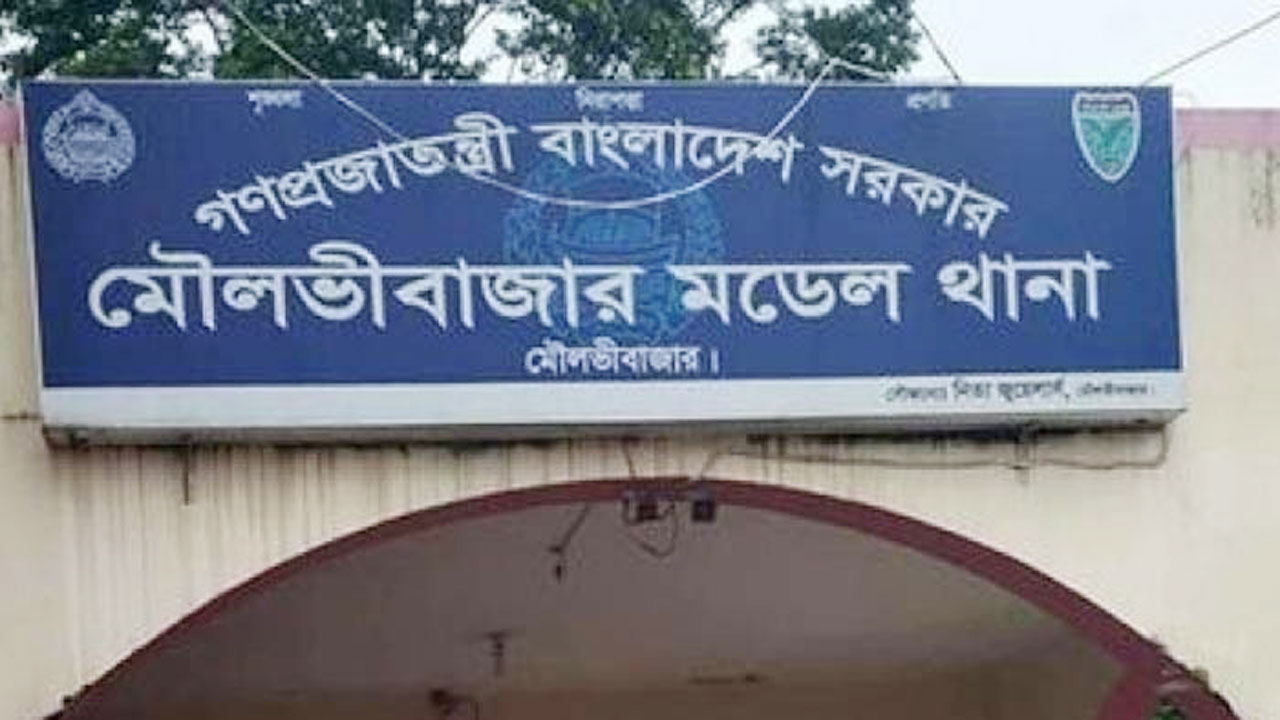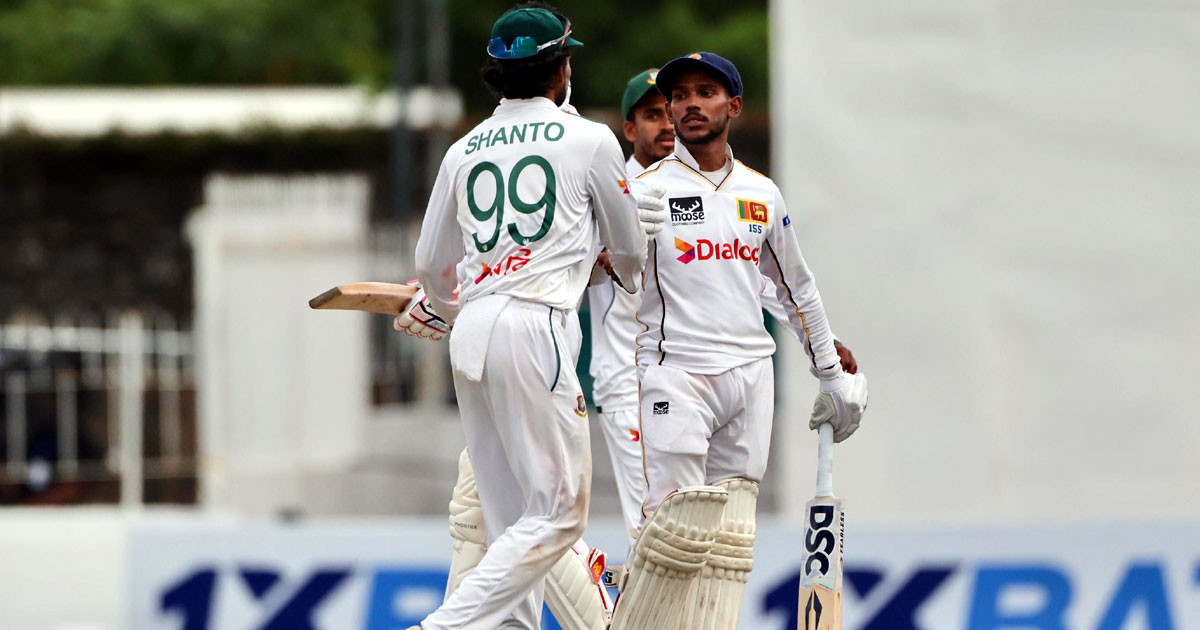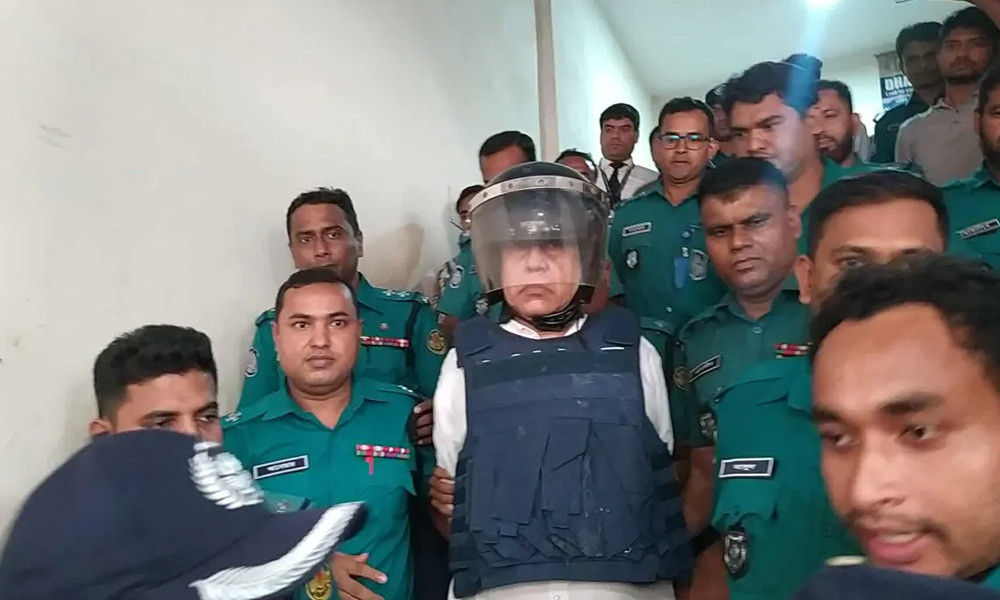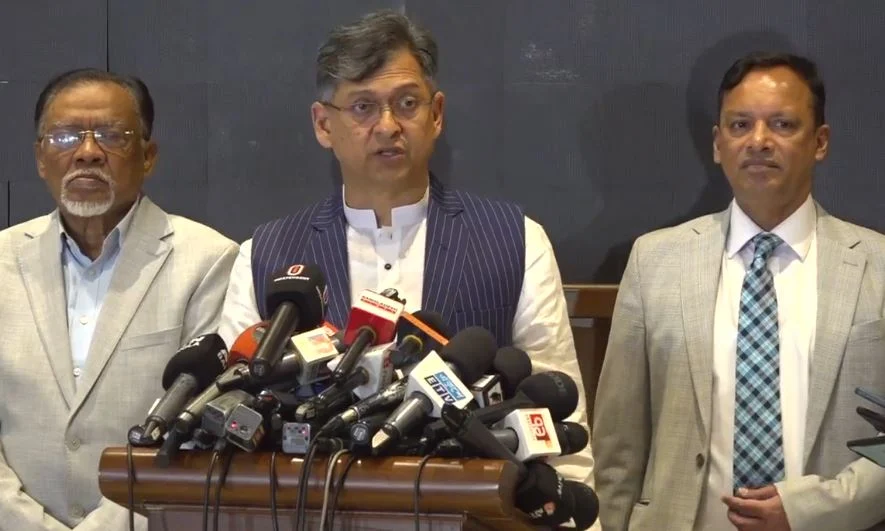
The Bangladesh Nationalist Party (BNP) has rejected a key recommendation by the Constitution Reform Commission to limit the prime ministership to two terms for any individual. The party insists that a person should be allowed to serve again as prime minister after a break, even if they have already served two consecutive terms.
This position was reaffirmed during a discussion held yesterday between the BNP and the National Consensus Commission at the LD Hall of the National Parliament. While no final decision was reached, a new proposal emerged during the talks — suggesting that an individual could serve a maximum of three terms as prime minister, provided there is a gap between their tenures. The BNP has said it will review this proposal within its policymaking body before making a final decision.
The BNP also expressed strong disagreement with several other reform proposals, particularly those intended to balance executive and presidential powers. However, the party did propose enacting a future law to expand the president’s powers — although specific details of that law remain unclear.
One of the most contested issues was the formation of a National Constitutional Council (NCC), which would include representatives from all three branches of government and would recommend appointments for key constitutional and institutional positions. The BNP opposed this idea, arguing it would limit the authority of elected governments by involving unelected individuals in critical decisions.
BNP Standing Committee member Salahuddin Ahmed told reporters that this proposal would significantly reduce the prime minister’s powers and undermine the authority of elected governments. “Elected representatives must have the final say,” he added.
The party also opposed another reform suggesting the separation of the roles of prime minister, parliamentary leader, and party chief. BNP argued that it should be the sole discretion of a political party to decide who holds these positions.
On the subject of the presidency, the BNP rejected the proposed method of electing the president through an electoral college composed of lawmakers and local government representatives. Instead, it insisted that only members of a bicameral legislature — if established — should elect the president. Salahuddin Ahmed noted that since Bangladesh does not follow a federal system, including local bodies in the process is inappropriate.
While the BNP expressed support for strengthening local government, it believes reforms should be enacted through legal frameworks. It also agreed to remove party symbols from local elections.
Finally, BNP reiterated that a neutral caretaker government and a truly independent Election Commission are essential for free and fair elections. It argued that most political crises could be resolved if electoral integrity is ensured.
The next round of discussions between the BNP and the National Consensus Commission is scheduled for Tuesday.




